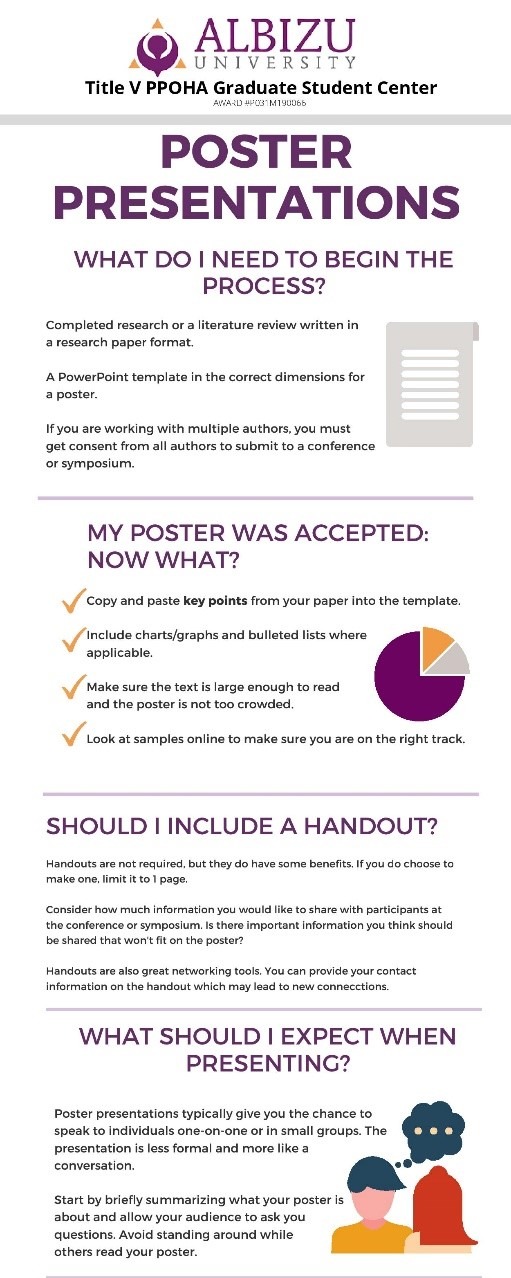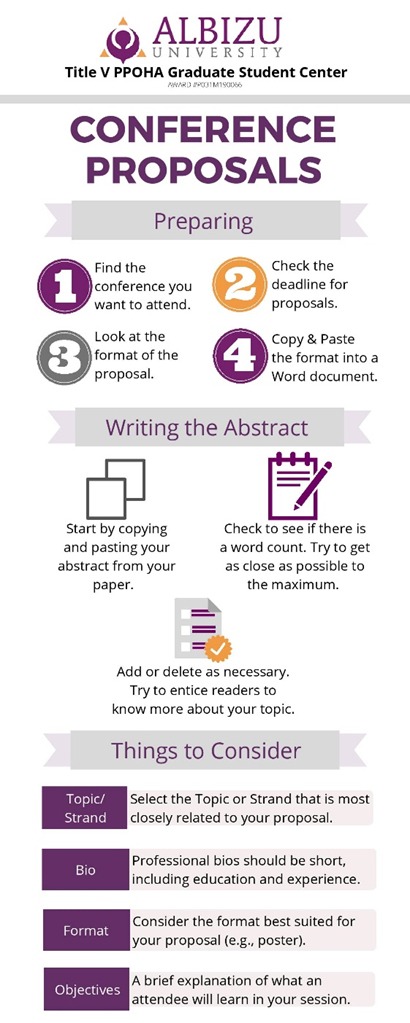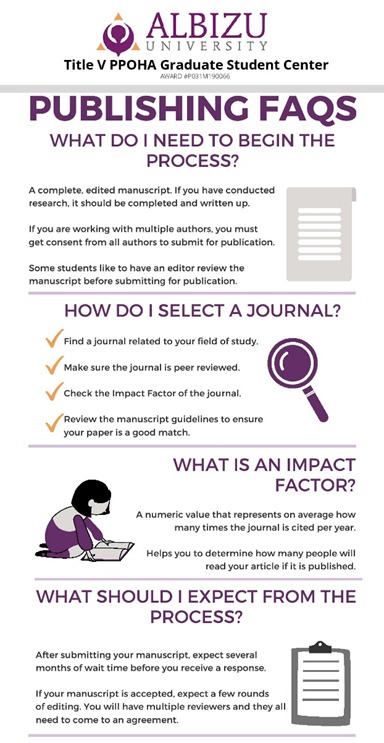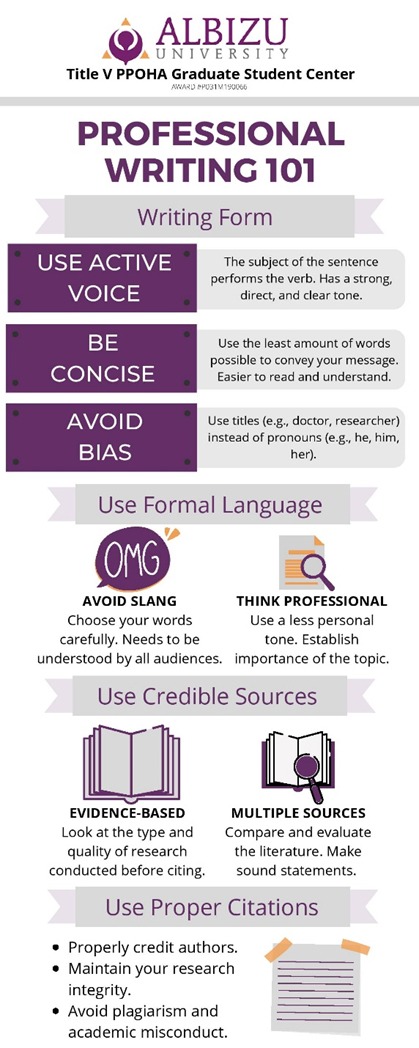Title V Graduate Student Center
Title V Graduate Student Center
The Graduate Student Center is provided to you by the Title V PPOHA Graduate Grant, Award #P031M190066. The purpose of the Graduate Student Center is to provide graduate students a dedicated, well-equipped space to study, collaborate, and access resources. The center provides both small group and one-on-one assistance with research, writing, and financial literacy. All services are available online and on-campus.
For additional questions, contact the Title V Graduate Student Center Director, Alicia Stern, at [email protected]
Title V Graduate Student Center
Writing circles are small group sessions where topics of interest will be discussed through info sessions, exercises, and activities
Study halls are proctored spaces where graduate students can log on to connect with other students, our tutors, and/or make general inquiries
To attend writing circles and study halls, join the Zoom session by clicking the link during the dates/time listed on the calendar: Zoom Meeting
The Graduate Student Center offers tutoring services for students who need assistance with research (i.e. selecting methodology, recruiting participants) and writing (i.e. organizing thoughts, writing dissertations or doctoral projects).
Tutoring sessions can be reserved by visiting our website: https://www.picktime.com/albizugraduatecenter
The Graduate Student Center now offers an open studio space equipped with dynamic tools for creating recordings.
The One Button Studio Advanced Package from Revolution Lightboards is a fully integrated recording studio designed for easy use, allowing anyone to create high-quality videos. It features a single-button operation for recording, adjustable height for accessibility, and includes professional-grade video and audio equipment for seamless, high-definition content creation.
The on-campus studio can be reserved by visiting our website: https://www.picktime.com/albizugraduatecenter and clicking the Innovation Lab button.
For more information, please click on the following resources:
https://revolutionlightboards.com/blogs/one-button-studio
https://revolutionlightboards.com/collections/one-button-studios
The Title V Promoting Postbaccalaureate Opportunities for Hispanic Americans (PPOHA) Program established graduate student fellowships to offset the costs of attending a graduate program at Albizu University – Miami Campus.
ELIGIBILITY
- Up to $5,000 Fellowships are available only to applicants enrolled in a graduate program with a GPA of 3.25 or above.
- To maintain eligibility for the fellowship, applicants must continue to meet the program's academic requirements and demonstrate satisfactory academic progress as outlined in the Albizu University Academic Catalog.
- All applicants must be eligible for financial aid and have completed a FAFSA for the academic year 2024-25.
APPLICATION INFORMATION
- The application is located on this website: Application
- The application is available beginning April 1, 2024, until 11:59 PM, May 3, 2024
All documents must be included in the application. Incomplete applications will not be considered.
If you need further assistance, please contact the Graduate Student Center Director, Dr. Alicia Stern, at [email protected], or by phone: (305) 593-1223, ext. 3163.
The Graduate Student Center offers a variety of resources for graduate students to check out. Students can access the resources (including textbooks and laptops) by visiting the website https://www.picktime.com/albizugraduatecenter.
Research & Writing Resources
Dissertation Forms
Selection of Dissertation Committee Form
Approval for Scheduling a Colloquium
Outcome of the Colloquium Meeting
Approval for Scheduling of Oral Presentation Form
Approval for Scheduling of Final Oral Presentation
Outcome of the Dissertation Final Oral Presentation
Now That You Have Successfully Done Your Oral Presentation
Completion of Dissertation Process Form
Submission of approved Dissertation to the Library by Provost
Master’s Thesis Forms
Coming soon
Authorship
Whether you are considering publishing in a journal or presenting at a conference, authorship is an important thing to consider when working with others.
Authorship Tips:
- Make sure you trust the people you are working alongside before agreeing to submit any work.
- Remember that someone is only an author if they have contributedsignificantly to the data collection, analysis, writing and revision of a written piece.
- The author is involved in the final approval process prior to publishing and agrees to accountability regarding questions of accuracy and integrity.
- Authorship ensures proper credit is given to the writing of a piece.
- A corresponding author is responsible for timely and responsive communication with journals or conference staff about the written material in question.
- Multiple authors should be listed based on the amount of material they contributed, from largest to smallest.
- Senior authors are commonly listed last.
View the authorship video here. Download the authorship infographic by clicking here.
Have additional questions about authorship? Schedule a meeting with a tutor by clicking here.
Ethical Writing Practices
Familiarizing yourself with the ethical implications of writing and citing sources can prevent major problems in graduate school.
Ethical Writing Tips:
- Use primary sources, as secondary sources may have misinterpreted the subject.
- Accuracy is key for communicating ideas and terms.
- Avoid biased information.
- Acknowledge conflicting research.
- Run your paper through a plagiarism checker such as such as Grammarly to prevent accidental plagiarism.
- Double and triple check your sources before submitting any work. Ensure that all citations are present and correct.
- Use your own words and quote verbatim text.
- Only give authorship and credit to those who made a substantial contribution to the paper or project.
- Remember you are not required to put an author on your paper who has not contributed to it.
Download the ethical writing infographic by clicking here.
Have additional questions about ethical writing? Schedule a meeting with a tutor by clicking here.
Poster Presentations
At the graduate level, you will have many opportunities to showcase your work via a poster presentation. This is a great resume builder and good practice for future research.
Poster Tips:
- Use one of the Albizu poster templates available in the Portal T on Blackboard.
- Start with writing your research or review in a research paper format.
- Use one of the Albizu poster templates available in the Portal T on Blackboard.
- If multiple authors are involved, get their consent.
- Copy and paste key points into the poster template.
- Include charts, graphs and bulleted lists where applicable.
- Avoid putting too much text as it might be hard to read.
- Consider using a handout if presenting at a conference. This is a great networking strategy.
- Limit your handout to one page.
- Poster presentations are best suited for one-on-one or small groups.
- Briefly summarize your poster and allow for questions to be asked.
Download the poster infographic by clicking here.
Have additional questions about poster presentations? Schedule a meeting with a tutor by clicking here.


Conference Proposals
As you conduct research, you may want to showcase it at conferences in your field of study. Submitting your work to a conference can be intimidating. Here a few tips to be successful.
Conference Proposal Tips:
- Make sure your research aligns not only with the conference, but with their selected topics or strands.
- Research the format and deadline for specific conference proposals.
- Choose a topic or strand that is closely related to your proposal.
- Consider which format fits your proposal.
- Copy and paste proposal format into a Word document and then paste your abstract.
- Stay within the word counts for each section.
- Try to make your writing as enticing as possible, while maintaining word count limits.
- Keep your bios short and professional. Include education and experience.
- Provide a brief overview of what your audience will learn from your presentation.
- Have a colleague or tutor review your proposal before submitting it.
- Select the format that works best with your research, however, be open to other formats.
Download the conference proposal infographic by clicking here.
Have additional questions about conference proposals? Schedule a meeting with a tutor by clicking here.
Publications
At the graduate level, publishing is always encouraged. Understanding the process can help you have more success as an author.
Publishing Tips:
- Make sure your manuscript, including research, is completed and edited.
- Have consent from all authors involved.
- Consider having an editor review it before submission.
- Select a journal that aligns with the purpose of your paper.
- Make sure the journal is peer reviewed.
- Check the Impact Factor (# of times it is cited/year) of the selected journal.
- Check the author guidelines on the journal website for information on formatting and deadlines.
- Only submit a manuscript to one journal at a time. If it is not accepted for publication, then you may submit to a different journal.
- It may take a few months to get a response from a journal.
- If your manuscript is accepted, expect a few rounds of editing.
View the publishing video here. Download the publishing infographic by clicking here.
Have additional questions about publishing? Schedule a meeting with a tutor by clicking here.


Professional Writing
Graduate students need to understand the basic concepts of professional writing to align with APA formatting as well as produce high quality work.
Here are a few professional writing tips:
- Avoid being too wordy. Being concise and getting to the point makes your writing easier to read and understand.
- Write in an active voice. It helps promote a strong, direct and clear tone.
- Use proper titles to avoid bias (non-specific or non-sensitive labels) by using appropriate titles (doctor, researcher, etc.) instead of pronouns.
- Use formal language and avoid slang. A professional tone helps establish importance of topic.
- Use credible sources. Cite using evidence-based sources to ensure quality and multiple sources for comparison and evaluation of statements.
- Properly cite authors to maintain research integrity.
- Never plagiarize.
- Put all research in your own words – even if it sounds a little choppy. Remember you can revise what you write later.
- Read your paper out loud to another person to make sure it flows.
- Get the information down on paper first. Then, go back and change vocabulary or grammar.
Download the professional writing infographic by clicking here.
The Title V PPOHA Graduate Student Center is here to help you work on you professional writing skills. Schedule a meeting with a tutor by clicking here.
Research Questions & Hypotheses
Starting any research project can seem like a daunting task. It is good practice to come up with your research questions and hypotheses before you begin.
Research Questions and Hypotheses Tips:
- Create a poignant overarching question to narrow in on a topic.
- Ask the Who, What, Where, When and Why behind the topic.
- Create a theoretical framework to define context.
- Questions and hypotheses must address all variables in the study.
- Questions must be specific and measurable.
- Hypotheses must be supported by findings from the literature.
- Cite sources and align hypotheses with the research question.
Download the research questions and hypotheses infographic by clicking here.
Have additional questions about research questions and hypotheses? Schedule a meeting with a tutor by clicking here.

Method
The following resources will assist you in determining which method to use for your research projects.

Empirical Vs. Non-Empirical Research
Before beginning any research project, you will need to determine if you will be using empirical or non-empirical research methods.
Empirical & Non-Empirical Research Tips:
- Always select a type of research that is best for your project.
- Non-empirical is not equivalent to “easy.”
- Empirical studies involve:
- Data collection and/or analysis
- Observation and measured phenomena
- Quantitative, qualitative or mixed method studies
- Research questions, hypotheses and methodology description
- Non-empirical studies:
- Do not include data collection or analysis
- Are based on theoretical logic
- Include literature reviews, theory building and opinion pieces
- Include theoretical contexts or summaries of literature
- Make sure you have enough time and resources to complete the research.
Download the empirical vs. non-empirical infographic by clicking here.
Have additional questions about empirical and non-empirical research? Schedule a meeting with a tutor by clicking here.
Experimental Vs. Non-Experimental
If you are conducting an empirical study, then the next step is to determine if your research is experimental or non-experimental.
Experimental & Non-Experimental Research Tips:
- Determine your variables in the study first.
- Always select a type of research that is best for your project.
- Experimental studies involve:
- Manipulation of the independent variables
- Description/analysis of observed effects on other variables
- Examination of cause and effect
- Includes “control” groups or comparisons between groups
- Non-experimental studies involve:
- Measuring independent variables as they occur naturally
- Description/analysis of relationships between variables
- Use in correlational, cross-sectional and observational research
- No control group or comparisons between groups
- Make sure you have enough time and resources to complete the research.
Download the experimental vs. non-experimental infographic by clicking here.
Have additional questions about experimental or non-experimental research? Schedule a meeting with a tutor by clicking here.

Ready to turn your passion into a profession?


